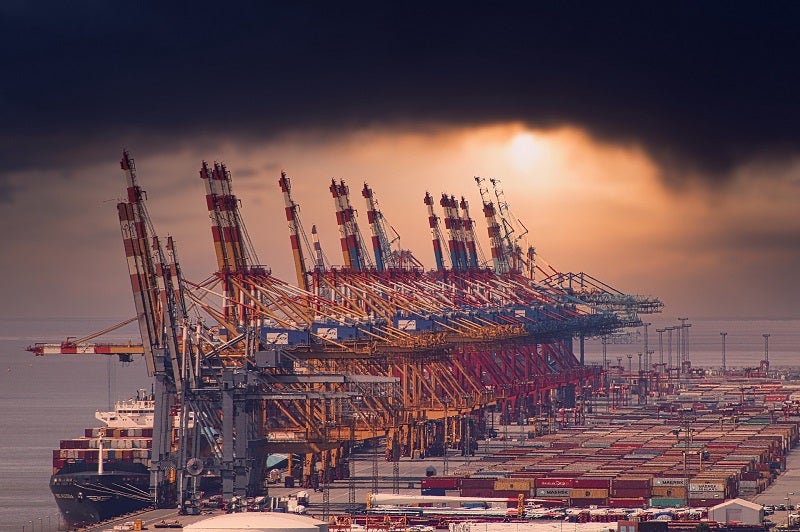
India-based port developer Adani Ports and Special Economic Zone (APSEZ) has reportedly decided to abandon plans to build a container terminal in Myanmar by June next year.
In a filing to the stock exchange, APSEZ said: “The board has decided to actively work on a plan on exiting company’s investment in Myanmar including divestment opportunities (expected to be concluded by March – June 2022).”
This declaration comes shortly after APSEZ requested a licence to run the Myanmar container terminal from the US Office of Foreign Assets Control (OFAC), adding it believed it did not breach any sanction guidelines.
In May, APSEZ said that it would leave the Myanmar container terminal project if it was found to be flouting US sanctions.
However, the project came under scrutiny after reports emerged that APSEZ CEO Karan Adani had met Senior General Min Aung Hlaing, the military chief who led the ouster of Myanmar’s democratically elected government in a coup.
Last year, the company secured the $290m Yangon International Terminal project through an international competitive bid.

US Tariffs are shifting - will you react or anticipate?
Don’t let policy changes catch you off guard. Stay proactive with real-time data and expert analysis.
By GlobalDataMeanwhile, APSEZ’s earnings statement revealed that it processed 144 MMT of cargo in H1 FY22, versus 98 MMT in the prior year.
This marks a 47% growth in total cargo volume, as against a 16% growth recorded at all India levels.
The company’s consolidated revenue surged 56% from $702.03m (Rs51.95bn) to $1.09bn (Rs80.89bn) over the period.
Port revenue soared 46% to $857.7m (Rs63.47bn).
In August, APSEZ announced it would begin construction of a 3.5 million twenty-foot equivalent unit capacity terminal, West Container Terminal, at Sri Lanka’s Colombo port in December.


